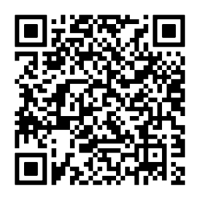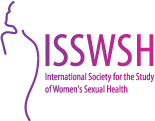The following clinical guideline has been endorsed by The International Society for the Study of Women's Sexual Health (ISSWSH) and The Menopause Society (TMS), of which Drs. Rachel Rubin and Irwin Goldstein were part of the review panel.
A newly released clinical guideline provides healthcare providers with essential tools for diagnosing and treating Genitourinary Syndrome of Menopause (GSM), a condition affecting many women during menopause. GSM includes symptoms such as vaginal dryness, urinary issues, and sexual dysfunction, caused by declining estrogen and androgen levels.
The guideline addresses the challenge of distinguishing GSM from other common conditions like overactive bladder (OAB), which shares similar symptoms. With no universal consensus on the specific criteria for diagnosis, the guideline encourages a patient-centered approach, emphasizing shared decision-making between clinicians and patients.
Treatment options include both hormone-based therapies, like local estrogen, and non-hormonal alternatives, such as vaginal moisturizers. Clinicians are urged to personalize treatment based on individual patient needs and preferences, while ensuring equitable access to care for underserved populations.
The ultimate goal is to improve quality of life and symptom control for women experiencing GSM, while minimizing the risk of adverse events. This new guideline aims to provide clarity and better management of GSM for both patients and healthcare providers. Learn more.

